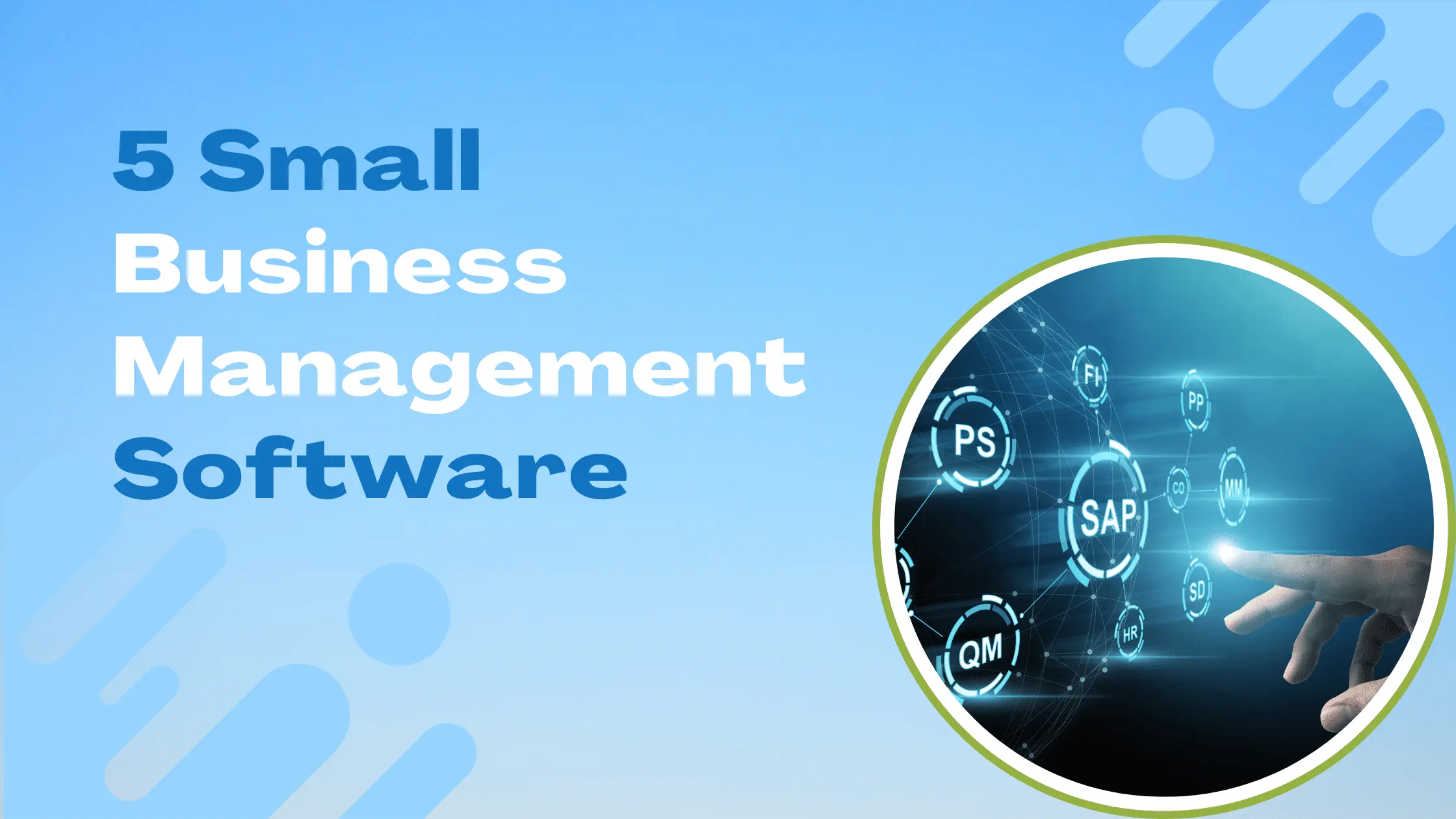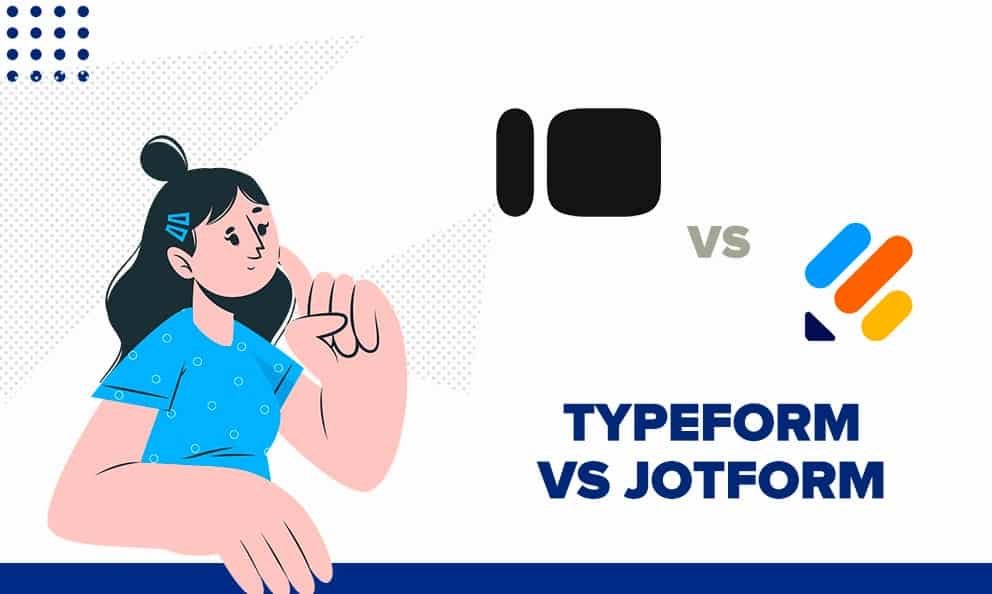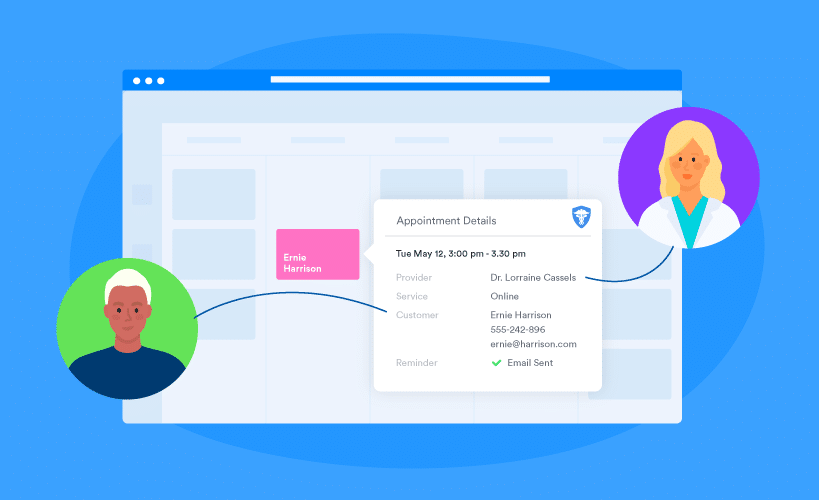Small business management software is a tool designed to help businesses run smoothly. It handles tasks like accounting, inventory, and customer management.
Running a small business is challenging. Many tasks need attention every day. Small business management software can make a big difference. It brings all the key functions into one place. This means you can track sales, manage inventory, and handle customer relations from one platform.
It saves time and reduces stress. Understanding what this software does can help you choose the right one. This guide explains its features and benefits, helping you see how it can support your business. Read on to discover how this tool can streamline your operations.
Introduction To Small Business Management Software
Running a small business involves juggling many tasks. From managing finances to handling customer relationships, the workload can be overwhelming. This is where small business management software comes into play. It helps business owners streamline operations, ensuring efficiency and growth.
Definition And Importance
Small business management software is a tool designed for managing various business activities. It integrates functions like accounting, inventory, and customer relationship management. This type of software is crucial for small businesses. It reduces manual work, saving time and resources. It also improves accuracy in operations, which can lead to better decision-making.
Key Features
Small business management software comes with several important features. These features help in running a business smoothly.
1. Accounting: This feature helps track income and expenses. It automates invoicing and payroll, reducing errors.
2. Inventory Management: This keeps track of stock levels. It alerts you when items are low, preventing stockouts.
3. Customer Relationship Management (CRM): CRM manages customer data. It helps in understanding customer needs and improving service.
4. Reporting and Analytics: This feature provides insights into business performance. It helps in identifying trends and making informed decisions.
5. Project Management: This helps in planning and tracking projects. It ensures tasks are completed on time.
These features make small business management software indispensable. They help in simplifying complex tasks, leading to better productivity and growth.

Credit: www.matellio.com
Benefits Of Using Management Software
Small business management software provides many benefits. It streamlines operations and improves productivity. This software makes managing a small business easier. Below are some key benefits:
Enhanced Efficiency
Management software automates many tasks. It reduces the need for manual work. This saves time and minimizes errors. Employees can focus on more important tasks. The software helps track inventory, manage schedules, and handle finances. All in one place. This leads to better organization and efficiency.
Improved Customer Service
Good customer service is essential for any business. Management software stores customer information in one system. It helps track orders, manage complaints, and follow up on inquiries. This ensures quick responses and resolves issues faster. Customers feel valued and are more likely to return. Happy customers lead to repeat business.
Types Of Small Business Management Software
Small business management software helps streamline tasks and improve efficiency. Various types of software serve different needs. Understanding them can help you choose the right tools for your business. Let’s explore some common types:
Accounting Software
Accounting software keeps track of financial transactions. It helps manage invoices, payments, and expenses. Small businesses benefit from accurate record-keeping. This software often includes features for tax calculations. It can generate financial reports. These reports help in making informed decisions. Popular examples include QuickBooks and Xero.
Project Management Tools
Project management tools help organize tasks and deadlines. They ensure projects stay on track. These tools offer features like task assignments and progress tracking. They also include collaboration options. This makes team communication easier. Tools like Trello and Asana are widely used. They help manage workflow efficiently.
Choosing The Right Software For Your Business
Choosing the right small business management software can be challenging. There are many options available. This software helps streamline operations and improve efficiency. But how do you choose the right one for your business? Here are some steps to help you decide.
Assessing Business Needs
First, understand your business needs. Identify the tasks you need help with. Do you need help with inventory management? Or maybe you need better customer relationship management. Make a list of your top priorities. This will help you narrow down your options.
Comparing Options
Next, compare different software options. Look at the features each one offers. Do they align with your needs? Check user reviews. See what other businesses say about the software. Consider the cost as well. Make sure it fits your budget. Try to find a balance between cost and features.
Implementation And Training
Implementing small business management software is a crucial step. It ensures the system functions smoothly. Proper training is essential. Employees need to understand the new system. This section will guide you through the process.
Planning The Rollout
Planning the rollout is the first step. Start by creating a detailed plan. Outline each phase of the implementation. Set clear goals and deadlines. Identify key team members for each task. Ensure everyone knows their roles. This helps avoid confusion.
Next, communicate the plan to your team. Explain why the new software is important. Highlight its benefits. This will encourage buy-in from employees. Keeping everyone informed is crucial. Regular updates can help maintain momentum.
Employee Training
Employee training is vital for successful implementation. Begin with an overview session. Explain the basic functions of the software. Make sure everyone understands the system’s purpose. This will give them a solid foundation.
Next, offer hands-on training. Create small groups for personalized sessions. This makes it easier to address individual questions. Use real-life scenarios during training. This helps employees relate to the software.
Provide ongoing support. Set up a helpdesk or support team. Encourage employees to ask questions. Regular feedback sessions can identify areas needing improvement. Continuous learning ensures long-term success.

Credit: monday.com
Common Challenges And Solutions
Small business management software helps streamline daily tasks like invoicing, tracking sales, and managing inventory. It simplifies operations, saving time and reducing errors.
When adopting small business management software, many companies encounter common challenges. These issues, if not addressed, can hinder the successful implementation and efficient use of the software. Let’s delve into some of these challenges and their solutions.Data Migration Issues
Migrating data from old systems to new software can be complex. Data might be in different formats or incomplete. This can lead to errors and inconsistencies. To tackle this, start with a thorough data audit. Identify any gaps or inaccuracies in your current data. Clean and standardize your data before starting the migration process. Using specialized data migration tools can also help. These tools can automate much of the process, reducing the risk of errors. Furthermore, involve your IT team or hire experts to oversee the migration.User Resistance
Employees might resist new software due to comfort with old systems. They might fear the learning curve or believe it will disrupt their routine. To overcome this, involve employees early in the process. Explain the benefits of the new software and how it will make their work easier. Provide ample training sessions to ensure everyone is comfortable using the new system. Encourage feedback and address any concerns promptly. Create a support system where employees can seek help when needed. Highlight success stories from within the team to build confidence in the new software. By addressing data migration issues and user resistance proactively, you can ensure a smoother transition to new business management software. What other challenges have you faced when adopting new software in your business? Share your experiences in the comments below.Integrating With Other Business Systems
Integrating with other business systems can amplify the power of small business management software. It ensures seamless data flow and enhances efficiency. Let’s explore how CRM and ERP integrations benefit your business.
Crm Integration
Customer Relationship Management (CRM) integration helps manage customer interactions. It keeps all customer data in one place. This improves customer service and sales. Managers can track customer behavior and preferences. They can personalize marketing efforts. This leads to better customer satisfaction.
Erp Integration
Enterprise Resource Planning (ERP) integration connects various business processes. It links finance, inventory, and human resources. This integration ensures real-time data access. Managers can make informed decisions quickly. It also reduces manual data entry errors. The business runs smoothly with synchronized operations.
Future Trends In Business Management Software
Business management software is constantly evolving. What worked yesterday might not be effective tomorrow. To stay competitive, you need to keep an eye on emerging trends.
Ai And Automation
AI and automation are transforming how businesses operate. Imagine software that can predict your inventory needs based on past sales. Or a system that automates your customer service responses, saving you time and improving customer satisfaction.
These tools are becoming smarter every day. They can analyze large sets of data to give you actionable insights. The best part? They work 24/7, allowing you to focus on what you do best.
Think about it—wouldn’t it be great if your software could handle repetitive tasks for you? This is no longer science fiction; it’s happening now. And it’s only going to get better.
Cloud-based Solutions
Cloud-based solutions offer flexibility and scalability. You can access your business data from anywhere, anytime. This is especially useful if you have a remote team or if you travel frequently.
Imagine being able to manage your business from your smartphone while sipping coffee at a café. With cloud-based solutions, this is entirely possible. Your data is stored securely online, so you don’t have to worry about losing important information.
Updates are automatic, ensuring you always have the latest features. Plus, cloud solutions are often more cost-effective. You only pay for what you use, making it easier to budget for your software needs.
So, are you ready to embrace these future trends in business management software? The choices you make today can shape your business’s success tomorrow. Stay ahead of the curve and make informed decisions that will benefit your business for years to come.

Credit: www.shareecard.com
Frequently Asked Questions
What Is The Best Software For Managing A Small Business?
The best software for managing a small business includes QuickBooks, Trello, and Slack. QuickBooks handles accounting, Trello manages projects, and Slack improves communication. Choose based on your specific needs.
What Is The Small Business Management?
Small business management involves planning, organizing, and overseeing operations to achieve business goals. It includes marketing, finance, and human resources. Effective management ensures growth and profitability.
What Is The Best Cms For A Small Business?
WordPress is the best CMS for a small business. It’s user-friendly, highly customizable, and offers extensive plugins. It also supports SEO optimization and is cost-effective.
What Does A Business Management System Do?
A business management system streamlines processes, improves efficiency, and helps manage operations, resources, and performance. It supports decision-making and enhances productivity.
Conclusion
Small business management software simplifies daily tasks. It saves time and boosts efficiency. This software helps track finances, manage projects, and handle customer relationships. It also offers valuable insights to make better decisions. Easy to use and cost-effective, it suits various business needs.
Investing in the right software can improve overall productivity. Evaluate your business requirements to find the best fit. Adopting such tools can lead to smoother operations and growth. Make smart choices to enhance your business success.





